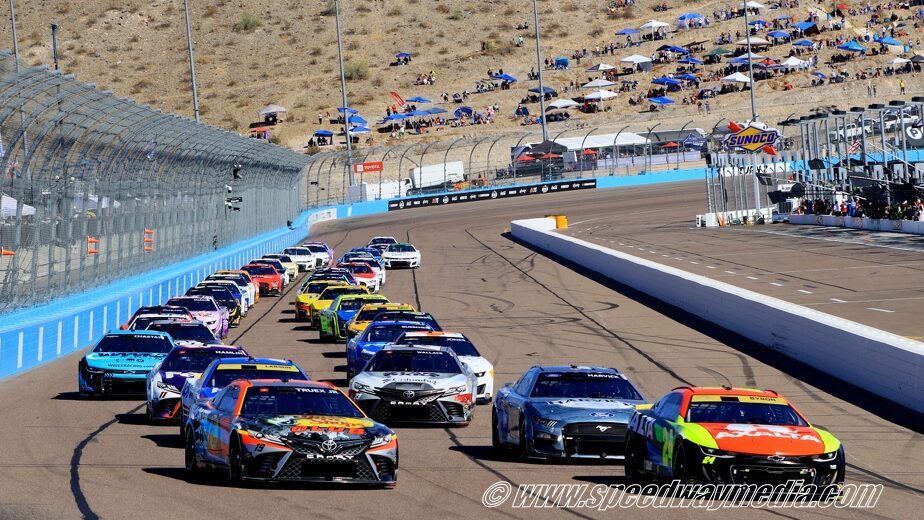Towing a vehicle from private property in Brisbane is not as simple as calling a tow truck. There’s understanding required of the legal framework, authorisation, towing procedures, potential legal consequences, and proposing alternative solutions for illegally parked vehicles .
Understanding Towing Regulations in Queensland
In Queensland, towing on private property is governed by the state government. Since April 2018, TMR established guidelines governing towing from private car parks and roads.
These regulations are to ensure that towing adhere to procedure and ethical practices. If you’re seeking removal of an unauthorised vehicle, these regulations are essential.
Key Factors for Towing
Before towing, explicit permission must happen from the property owner or authorised person. This step is not a formality; it’s a legal prerequisite. Without proper authorisation, engaging in towing can have severe consequences.
Property owners and Brisbane towing providers should ensure that towing is done through due diligence. This collaboration includes communicated permission, often facilitated through appropriate signage. Neglecting this step can result in fines and potential legal actions.
Towing Process and Best Practices
Towing involves a series of steps that must be undertaken with precision and care. A step-by-step guide ensures that the process is compliant with Queensland regulations.
The towing process should begin with a thorough understanding of safety measures and proper procedures. Towing a vehicle, especially from private property, necessitates a delicate touch to avoid damage to the towed vehicle and surrounding property. This aligns with the broader aim of towing regulations, aimed to authorise but also ensure that the process is followed.
Compliance with Queensland regulations, particularly those outlined by TMR, is paramount throughout the entire towing process. This includes securing proper authorisation, adhering to safety measures, and following a standardised procedure.
The towing process involves several steps:
- First, secure explicit permission from the property owner or authorised personnel. This step is crucial and should be facilitated through clear signage, ensuring that everyone involved is on the same page.
- Second, adhere to safety measures and follow a standardised procedure. Towing necessitates a delicate approach to prevent damage to the towed vehicle and surrounding property. This aligns with the broader aim of towing regulations, emphasising responsible and safe practices.
- Third and lastly, throughout the process, compliance with Queensland regulations is essential. This includes securing proper authorisation, following safety measures, and adhering to a standardised procedure.
By simplifying the towing process, individuals and towing service providers can contribute to a towing landscape that is both legal and responsible.
Where Vehicles Can Park in Brisbane
Understanding parking regulations in Brisbane ensures smooth flow of traffic. Here’s a quick guide on where cars can and can’t park in unregulated parking areas within Brisbane.
Permissible Areas:
- Designated parking spots (within the line markings)
- In accordance with official signage
- On the left-hand side of the road, as close to the curb as safely possible
Legal Requirements for Parking on Suburban Roads:
Leave 3 meters of clear roadway between your vehicle and other vehicles, dividing strips, traffic islands, and unbroken lane markings.
This ensures accessibility for large vehicles, such as garbage trucks, to pass between parked cars without causing damage.
Drivers cannot park their cars:
- On private property without the owner’s permission
- In a position that blocks or partially obstructs a driveway
- On footpaths, bicycle paths, shared paths, nature strips, or traffic islands
Addressing Illegally Parked Cars:
- If a car is blocking your driveway, roadway, footpath, or nature strip, you have options.
- Report the issue to the police, providing details of the violation.
- Report illegally or dangerously parked cars to the Brisbane City Council for appropriate action.
- Submit a report to the Queensland Police regarding suspicious or potentially abandoned vehicles.
Legal Implications and Penalties for Unauthorised Towing
Engaging in unauthorised towing activities can have significant legal implications. The Queensland government has instituted measures to regulate towing after accidents, aiming to prevent exploitation by towing services and ensuring fair practices.
Unauthorised towing can result in financial penalties and legal actions against the individuals involved. The severity of legal consequences may vary, but they intend to deter unauthorised towing activities and maintain the integrity of the towing process. This underscores the need for individuals and towing service providers to be well-informed and compliant with Queensland regulations to avoid falling afoul of the law.
Understanding the legal landscape surrounding towing, particularly the consequences of unauthorised actions, is a simple matter of compliance; it is a safeguard against legal troubles. It reinforces the notion that towing, when conducted within the bounds of the law, serves a legitimate purpose, such as clearing accident sites .
Dealing with Illegally Parked Vehicles
While towing is a common solution for dealing with illegal vehicles, property owners have alternative actions at their disposal. These actions are crucial for situations where towing might not be the most appropriate or simple solution.
Property owners can explore options beyond towing, such as reporting vehicles to local authorities. This alternative approach aligns with the broader goal of maintaining order on private property without resorting to towing immediately. Proper signage is another important aspect, as it forms a clear communication channel with individuals parking on private property.
Understanding rights and available actions empowers property owners to address unauthorised parking. This is vital in fostering a collaborative approach between property owners, towing service providers, and individuals, creating an environment where towing is a well-informed and compliant practice.
Ensuring Legal Towing Practices
Towing a car from private property in Brisbane is a process that goes beyond towing. It requires an understanding of the legal framework, authorisation processes, towing procedures, the potential legal consequences, and consideration of alternative solutions for parked vehicles.
Navigating this complex landscape demands technical expertise but a commitment to towing practices and compliance with Queensland regulations. Property owners, towing service providers, and individuals involved in towing must collaborate to create a towing landscape that is both legal and responsible.







